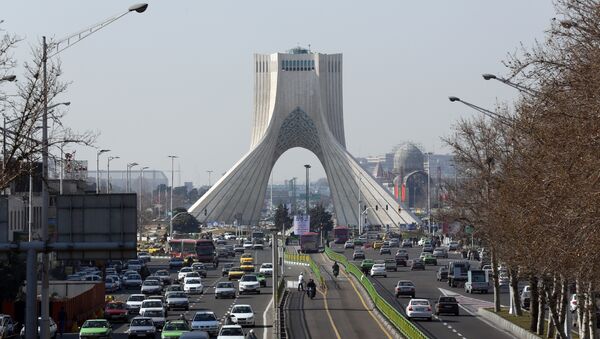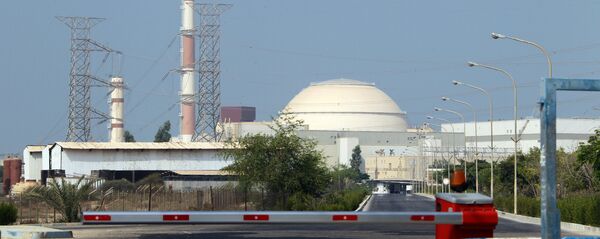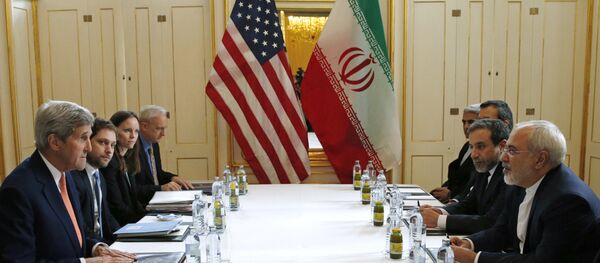Earlier this week, Deputy Spokesman for the US Secretary-General Farhan Haq said that the United Nations is hailing the one-year anniversary of the beginning of the implementation of the Joint Comprehensive Plan of Action, also known as the Iran nuclear deal.
On July 14, 2015, the P5+1 group of countries reached the deal to ensure the peaceful nature of Iran's nuclear program in return for an end to sanctions against the country.
The agreement came into force on January 16, 2016, after the International Atomic Energy Agency (IAEA) submitted a report confirming the readiness of Iran's authorities to implement the program to reduce the country's nuclear potential. Iran ramped up both oil production and investment in the sector after the deal.
"The United Nations welcomes the first anniversary of the achievement of implementation day under the joint comprehensive plan of action (JCPOA) which marks a significant milestone in the historic agreement," Haq said.
According to Haq, the agreement plays a key role in ensuring that Iran limits the use of its nuclear program to power generation and doesn't develop atomic weapons.
The UN encourages all member states to support the implementation of the JCPOA "in its entirety" and stresses it is important for the agreement to deliver "tangible benefits to the Iranian people".
"From the Iranian point of view, what is important to realize is that Tehran is yet to see the benefits of this deal," Ebrahim Mohseni told Sputnik.
According to him, "any demands for any greater concessions are going to be rejected by Iranian politicians and the Iranian public, who are going to the polls in a less than five months to elect their next President."
"So any pressure on the Iranian government to provide any greater concession is likely to be not reciprocated kindly," Mohseni pointed out.
He said that unlike the United States, some European countries as well as Russia and China know that bringing Iran back to the negotiating table to extract greater concessions remains out of the question.
"They want to make this deal as it stands and not to jeopardize with any greater demands," Mohseni said.
He added that Donald Trump and some hardline US Republicans see the deal as rewarding for Iran, something he believes "is not quite correct."
"There is no reward included in this deal. It does not give Tehran any money and does not allow Iran anything particular. It gives Iran access to its own money, so it's not a matter of rewarding," he pointed out.
Meanwhile, Iranian Foreign Minister Mohammad Javad Zarif has said that Iran is not worried about the possible cancellation of the 2015 multilateral nuclear deal by Donald Trump, because the country has other options and may "surprise" the US President-elect.
Trump has frequently called the Iran nuclear agreement, which was negotiated by outgoing President Barack Obama’s team, a "disastrous deal" and suggested cancelling it.
Have you heard the news? Sign up to our Telegram channel and we'll keep you up to speed!




